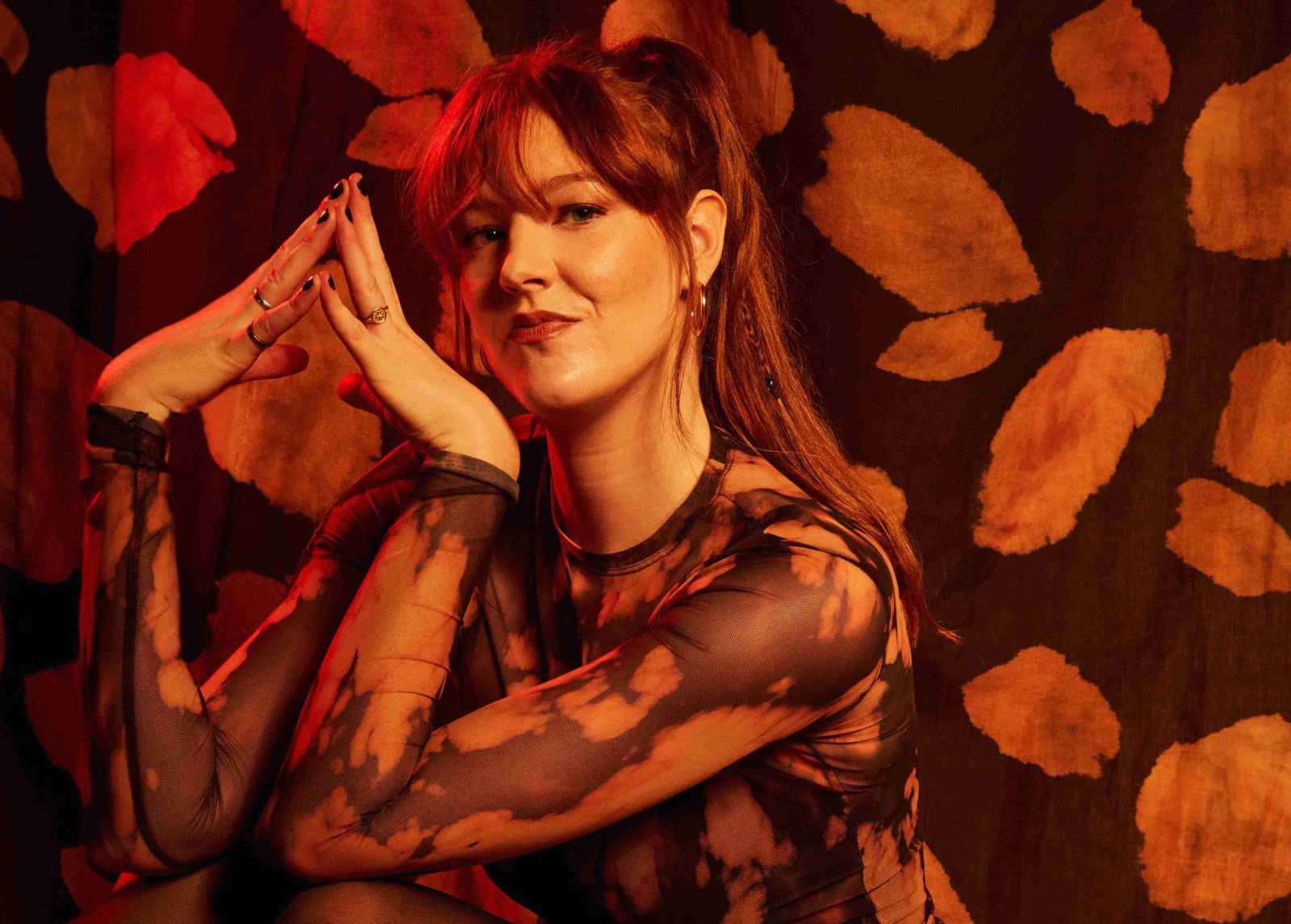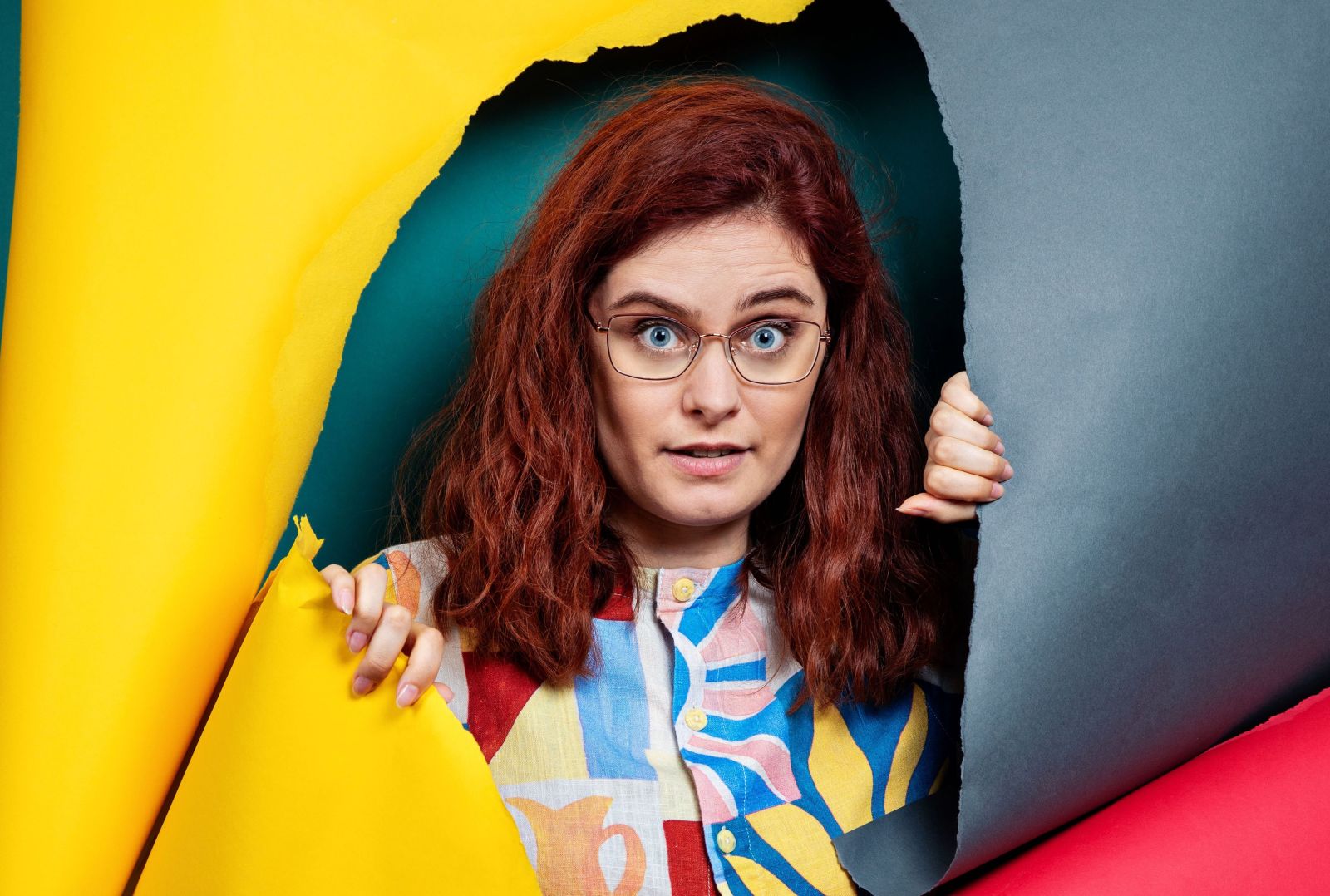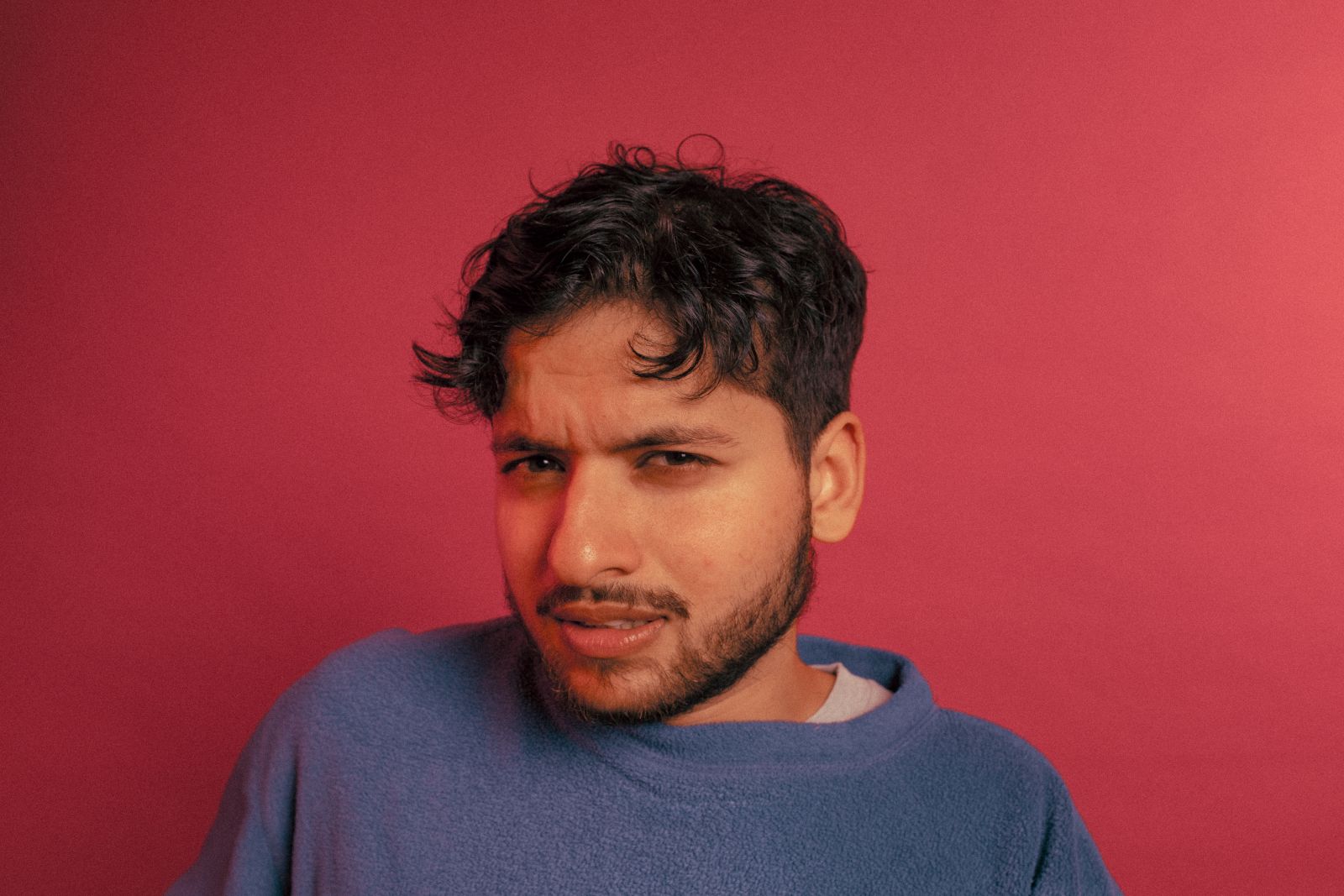Lou Wall on lying: ‘All acting is deception’
When a comedian tells a tale onstage, it can be hard to discern where the line falls between truth and lies. And does it really matter if it’s funny? Isy Santini rounds up four comics exploring the subject of lying from different perspectives to find out if honesty really is the best policy

Who among us hasn’t twisted the truth or exaggerated a little bit when telling a funny story? It’s a very human thing to do, but when being funny is your job, the line between truth and fiction can get very murky indeed. At this year’s Fringe, four comedians are gearing up to dive a little deeper into the topic of lying in their respective shows.
Most lies are harmless little fibs. London-based comic Adele Cliff takes a generous view of these everyday lies. ‘Life’s hard and sometimes the truth doesn’t help,’ she says, but when it comes to stand-up, lying isn’t always so straightforward. ‘All acting is deception,’ says Lou Wall, whose show Breaking The Fifth Wall has already stormed the Australian festival circuit. ‘As a stand-up, there’s a level of performance, no matter whether you’re playing yourself or not.’ Comedy also involves a good deal of wrongfooting and messing with expectations, something that can further blur the truth.
As therapist-turned-comedian Josh Elton points out, though, there’s a big autobiographical aspect to most stand-up that can clash with these performative elements. ‘I’m telling the truth of my life through a medium that is built on deception, taking you one way and going another,’ he says. ‘The very premise of stand-up is people acting like they’re thinking this stuff up off the top of their heads. The moment things stop seeming conversational and the artifice bobs up, it stops being fun.’

With a medium so rooted in deception, it’s no wonder audiences don’t always believe comedians. Elton tells the true story of the time his car was lifted by a bollard and ended up on the news, but it wasn’t until he started providing pictorial evidence in his shows that audiences started laughing. ‘I realised that I’m actually being a bit up myself in this assumption that they should somehow know what is and isn’t a lie when I’m lying to them throughout the whole thing.’
Meanwhile, Wall’s show was inspired by the comments section of a Facebook marketplace exchange they’d had, where people were furiously arguing with each other over whether the exchange was real or fake, despite none of them knowing Wall personally. Lying has always been part of comedy, but this sudden interest in it is new. Wall thinks it comes as a result of the recent US election and the slew of misinformation that accompanied it. ‘Anything that permeates the internet permeates western culture,’ they explain. Permeating the internet too is the proliferation of AI-generated images. ‘It’s really put a spanner in the works of content creation, and obviously a lot of comedians are at the forefront of content creation. It’s everything they do.’
Rohan Sharma, whose show Mad Dog takes a surreal look at truth and identity, admits to being influenced by the internet. ‘I feel like my media consumption is so intense and overwhelming that it leaves me with a lot of questions about what is real and what isn’t, and maybe that’s reflected in the tone of the show.’

The issue of truth has also hit the comedy world much closer to home in recent years with Hasan Minhaj being accused of making up instances of racism in his shows. He defended himself by claiming that while his stories were exaggerated, they were emotionally true. ‘I think it’s just a way of getting out of cancellation in some aspects,’ Wall weighs in.
But it’s not just the state of the world influencing comedy. More and more nowadays, comedians are influencing the world as they branch out into podcasting, news shows and even politics. ‘You look at someone like Joe Rogan, who started as a stand-up,’ notes Wall. ‘Now he’s a podcaster who spreads a lot of misinformation and influences huge swathes of people.’ There is also a growing number of comedians who position themselves as political symbols, shaping their careers around ideas of anti-wokeness. ‘There’s a zeitgeist of misinformation, and comedians play a role in that.’
So how important is honesty in comedy? While Sharma likes to wrongfoot his audience, he’s sceptical about so-called emotional truth. ‘Truth becomes important when comedians are seen as more than just entertainers, they’re seen as people who represent things.’ In his own experience as a comedian of colour, he’s felt pressured to include stereotypical jokes and tell stories about overcoming racism. When the audience are already expecting a certain narrative, honesty becomes both trickier and all the more important to maintain. ‘My life has not been that difficult, and I think I’ve got to a place where I don’t ever want to make up something earnestly about my racial heritage to get a cheap laugh.’
.jpg)
Elton agrees that there’s a line when it comes to lying. ‘As comics we have a broad code of things we wouldn’t lie about. In the show I talk about saving a man who was trying to kill himself. I wouldn’t lie about that.’
For Cliff, where that line falls has everything to do with intention. ‘You can be lying in a story and be completely honest as long as you’re not lying about anything important,’ she argues. ‘If I leave a comedy show and I’ve really loved it, I’m not remembering every detail; I’m just remembering that I had a really good time. If what people get from it is honest, then the show is honest... even if you are lying.’
Adele Cliff: Adele, Adele, Adele... Cliff It Isn’t The Consequences Of My Own Actions, Just The Tonic Mash House, 31 July–24 August, 5.05pm; Lou Wall: Breaking The Fifth Wall, Monkey Barrel, 28 July–24 August, 10pm; Josh Elton: Away With The Fairies, Hoots Apex, 31 July–25 August, 8pm; Rohan Sharma: Mad Dog, Pleasance Courtyard, 30 July–24 August, 7.10pm; main picture: Monica Pronk.